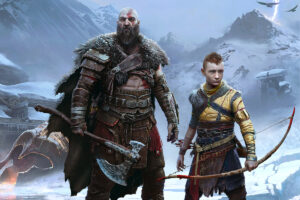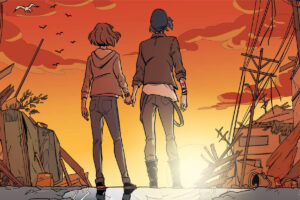Continuing our journey through the Witcher’s many locations and accent choices, we arrive in the warm, sunny region of Toussaint. Now, it’s likely that “French” will immediately come to your mind, and you would be quite right; many of the place names in the region are based on places in France or have French meanings: Bastoy Prison (based on Bastille Prison); Mère-Lachaiselongue (based on the Père-Lachaise Cemetery in Paris); Sansretour Marsh (meaning “Marsh of No Return”); and the Beauclair Palace, which does not look too dissimilar to France’s Mont Saint-Michel castle. If you delve deeper into the game, you will find many, many more examples like this.
However, the region’s landscapes are not only French-influenced. Toussaint takes huge inspiration from the wine and olive regions across the Mediterranean: southern France but also northern Italy, Greece, Portugal, and Spain. While the architecture of the towns is a little more distinct: akin to Italy’s Renaissance architecture.
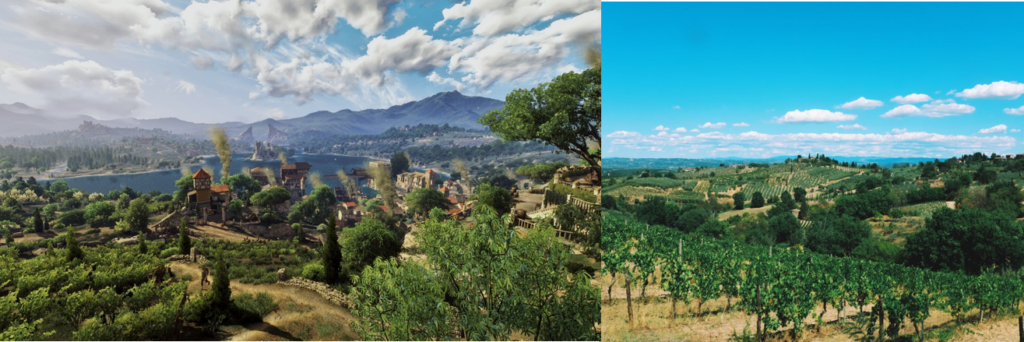
But what about the accents? Surely CD Projekt RED must have enlisted Mediterranean voice actors for the people of Toussaint? Curiously, they didn’t. In fact, the team felt that these accents were already “too parodied” in many other video games and so they wanted something a little less common: Danish. This, of course, also provided a real profound contrast with the region’s Mediterranean vibe.
The City of Novigrad
Staying with this contrast, we move to another region: the metropolis city of Novigrad (meaning “new city” in Croatian). As the city was considered a real melting pot, with a large populace, CD Projekt RED again went back to trusty British accents – this time using ‘London estuary’ accents, which are like a slightly “less posh” version of “received pronunciation”, and common in the south-east of England. However, once again, the game’s visuals completely contrasted against the accent choice, as Novigrad was based heavily on the Polish city of Gdansk. For example, the Crane on Novigrad docks stands prominently in Gdansk’s harbor, while Novigrad’s Hierarch Square features Prussian architecture, which is also found in the center of Gdansk.
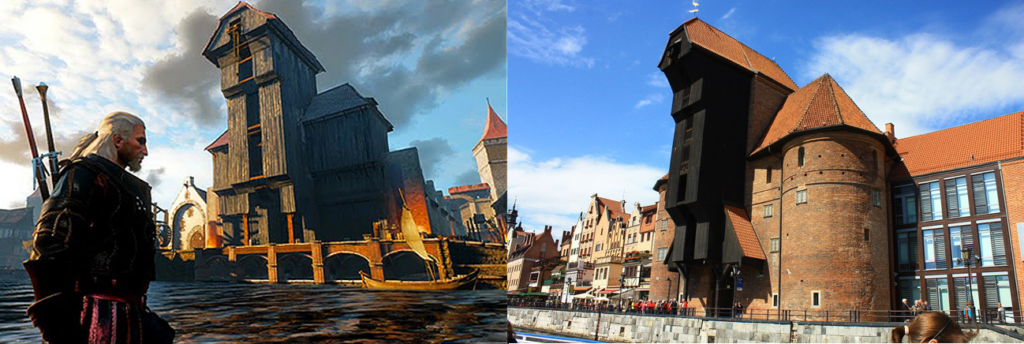
The Use of Northern American Accents
Readers from North American may be wondering if their accents were featured in the game, and indeed they were. Geralt, no less, spoke with an American accent, as did the other Witchers – named in-game as a ‘Rivian’ accent. The use of Northern American accents and their contrast to the more prominent European ones helped to create a feeling that the Witchers were somehow ‘other worldly’. This concept of ‘otherness’ was also behind the team’s decision to choose Germanic accents for the invading Nilfgaardian soldiers; the contrast of their accent with the more prominent British and Irish ones helped to underpin that they were foreigners, outsiders, to the land of Temeria.
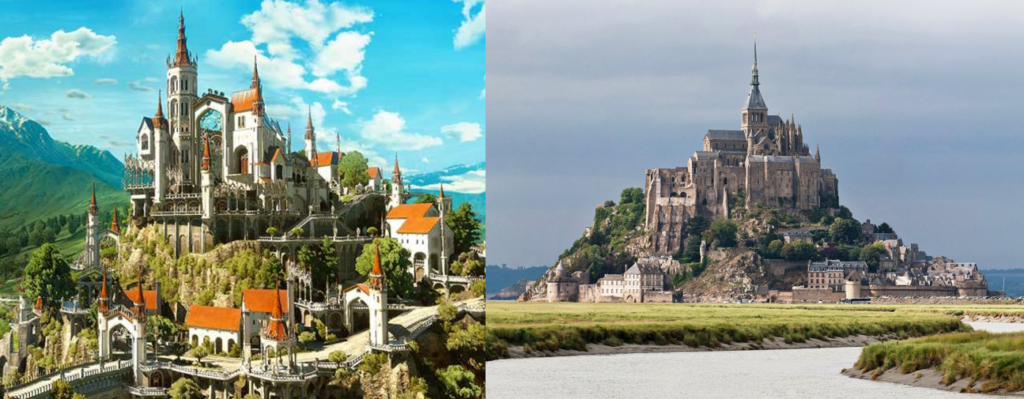
By using ‘otherness’ it meant that English-speaking gamers were specifically exposed to a huge variety of accents, which potentially had a more emotional impact on gamers. In comparison, this was not possible in other languages. For example, in the original Polish version, the accents were less diverse because in modern-day Poland it’s thought that there simply aren’t that many accents. Additionally, for other languages – like Chinese – CD Projekt RED faced huge restrictions because they simply had a smaller pool of voice actors to choose from. Therefore, accent choice was a big undertaking, and when you think about the different ways characters spoke in-game – for example, those in rural areas – you realize how well the localization team performed in translating the scripts from Polish into different variations of ‘spoken English’ to enrich the characters’ personalities and elicit an emotional response from gamers.
Just remember, each place or monster name or accent that you encounter probably has a deeper meaning attached to it! This brings my articles on the localization of the Witcher to a close! However, on its 15th gaming anniversary, if you haven’t already played the game, read the books, or watched the TV series, I highly recommend you give them a go!

